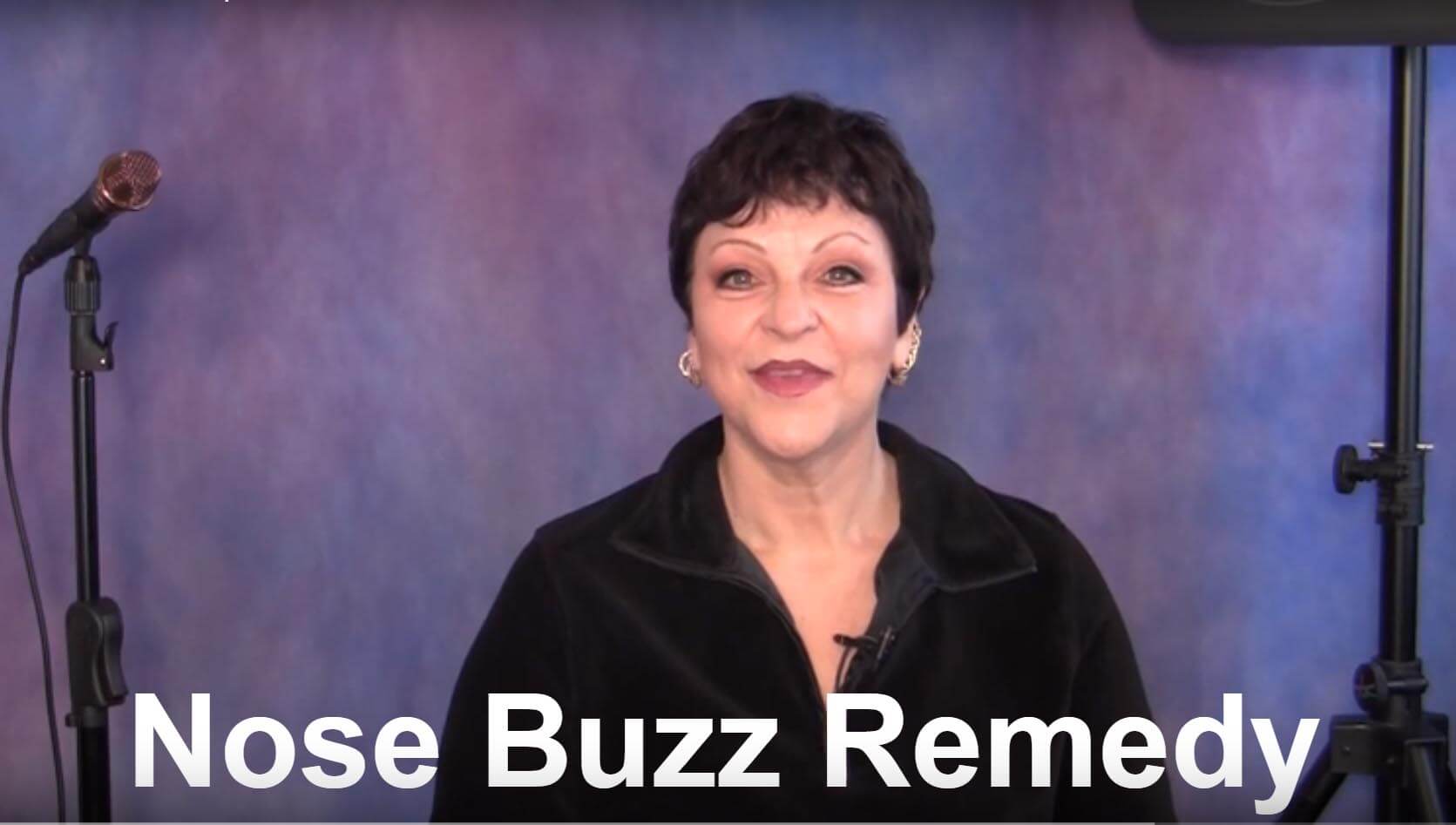“Jeannie, I have been wondering for a long time how age (and other factors like weight), affect vocal range, tone, etc. I have been reading your email tips for a few months and have held off exploring my voice with professional instruction because I am already in my early 40s. I wonder how age affects the voice and singing. For example: Elton John sings much lower now. Is it because of age, vocal burnout, both? Steve Perry: Listening to albums in the mid 80s his voice, same as others, changed. Was this age, over-use …?” Thanks! David B.
Dear David and all of my readers: I think that many people fear that as they grow older their voice will deteriorate. So this is a good topic for discussion. From my research and nearly five decades of experience, I would not say that age alone is the reason for the decline of the singing voice.
Getting Personal
First, let me give you my personal experience. You may have difficulty believing what I am about to tell you because it is not what you generally observe as singers age. Through my more than forty years as a performing singer, my voice has actually continued to improve. Within the first year of completing my basic research on the voice (1977) and applying to myself the fundamentals of my evolving voice training method, my range expanded to over four strong continuous octaves. (And yes, this includes the disappearance of any register break or weak upper register.)
Since that time my voice has remained full, flexible, powerful and versatile. I am able to sing for hours with no fatigue or blow-out. In fact, the more I sing the better my voice becomes. I am still surprised at the development of new colors and variations within it. With each passing year, it is more expressive than it ever was.
The Ideal
Treated correctly and exercised properly, the voice remains a living, growing instrument. Obviously and unfortunately, this is not the experience of most singers. To keep your instrument performing at its best, year after year, you need to know what effects it negatively and positively. This is why it is so vital to become educated about your voice and what influences it. Knowledge is power. Only with true data can you make correct decisions and take actions that will foster continued vocal growth.
The Causes of Vocal Deterioration
As a person goes through life there are many influences on the body and mind. If we enumerate and investigate the many facets of this complex process, you can begin to gain some control over your vocal destiny. There are various factors to vocal deterioration.
- Singing with poor or no vocal technique
- No or inadequate vocal warm-up or vocal cool-down
- Drugs (legal and illegal)
- Regular and excessive alcohol consumption
- The accumulated effect of cigarette smoking
- Performing with deficient or no monitors
- The wrong microphone
- Shouting over your instrumentalists’ stage volume
- Emotional stress
- Physical deterioration from poor nutrition or sleep
- Psychosomatic illness occasioned by emotional hardships, losses and upsets
Singing with Poor or No Vocal Technique
I have written much on this already in my book The Contemporary Vocalist Volume One and in various other vocal tip articles found on my web site and Internet sites. However, for the purposes of this article let me start by saying. I do not believe that vocal technique should make you conform to a certain sound or style. I believe that vocal technique should accomplish two purposes.
1. Help you develop the full functionality of your voice to the degree that it instantly responds to everything you want to say and in the way you want to say it, thus allowing you to be the creative expressive artist that you are.
2. It should develop stamina so that you can sing as long as you want. If you want to sing rough, you should be able to do so without vocal blow-out. If you sing loud and powerfully, you should not have to cancel gigs because you can’t sing for a week or more afterward. You get the point, I’m sure.
So if someone has been singing without this kind of vocal technique, then chances are their voice will, at some point, start showing signs of wear. It will reduce the quality of tone, the size of their range and freedom of their expression. It will take more effort to produce what they may have been able to do with ease in their earlier years.
How Do You Know If A Vocal Technique Is Correct?
Most artists in any field know that to have an ever-expanding career, their art ability must continually evolve. They know they must continue to grow in their capability and surpass what they’ve already created. This inevitably means finding and working with a mentor or coach. However, fear of possible bad effects has often held back many singers from taking voice lessons. Whether you already have an established style or are still looking for it, developing a genuine and unique sound, is vital. If this is important to you, then hearing some of the different singers who study with the same vocal coach could be enlightening: do they sound the same or does each person have their own unique attributes? However, this is only one of the factors to consider.
Vocal Anatomy
The other is finding out if the teacher will educate you right from the start on the facts of your instrument. You need to know the simple and precise facts about your voice; what are its parts and how they affect each other in their natural sound-making functions. If you don’t have this knowledge, you most certainly can be led astray. How do you know if the techniques you are being taught are right without understanding your vocal anatomy? Perhaps you’d rather not know. If this is true, then you are asking to be a victim and you may not like the result. The thing is, it really is not complicated.
Only those who wish to shut you out of the loop and keep themselves the unchallenged authority make the facts seem complicated. They utter words without ever defining them or issue directions with no explanation of why. They tell you to fill your belly with air or other nonsense directions which are contrary to vocal anatomy give you false ideas about singing.
Lessons for Life?
I have met so many singers through the years who, when first speaking with me, say that their voice has deteriorated because they have not had lessons in some time. Whether or not your voice stays in good shape should not have to do with continuing voice lessons as a life long process. If you have a well-structured voice technique that has been built from the physical facts of your vocal instrument, if it educated you on the real basics of vocal design so that you understand what you need to do as well as what not to do and why, if the method is one that really makes sense to you, is not directing you into a style but rather helps you develop your instrument and frees you to have your own style, then this is a correct vocal technique.
All the Best,
Jeannie Deva






